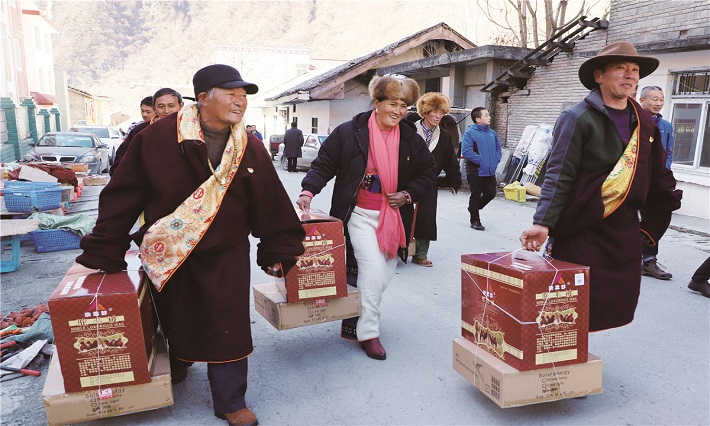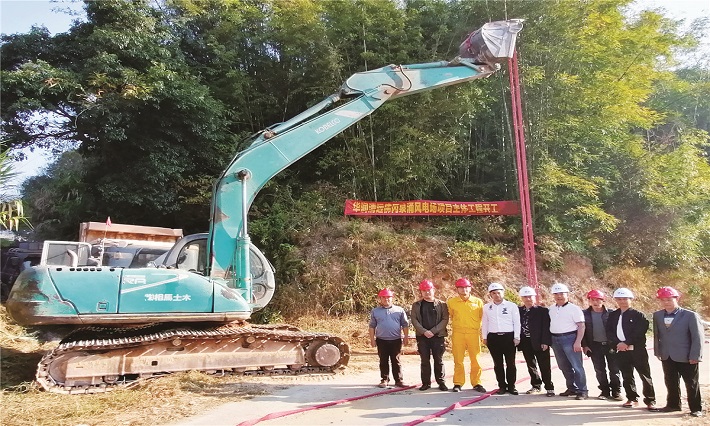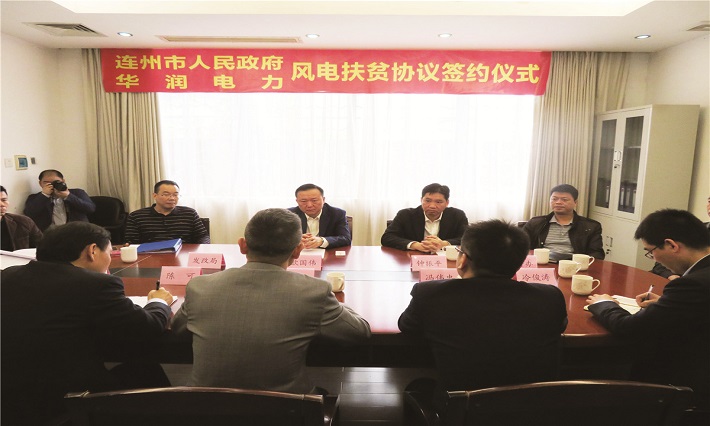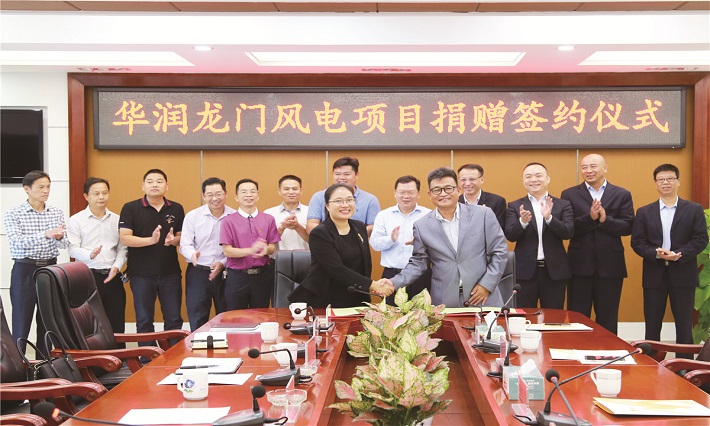Heishui (tsochu in Tibetan, meaning pig-iron water) is a county in eastern Qinghai- Tibet Plateau under the administration of the Ngawa Tibetan and Qiang Autonomous Prefecture. Due to frequent occurrence of drought, heavy rain, hail, and other natural hazards, Heishui has been designated as a national poverty county three times. In 2018, a CR Power project company built a 30 MW PV power station here to reduce local poverty. According to the agreement signed with the local government , Heishui, for its investment in the project, holds a 25% equity in the power station and will use all income received each year to support the poor who (due to age, disability, or otherwise) cannot work and other assistance programs. If this income is less than RMB 4.032 million in any year, CR Power will make up for the difference. This agreement went into effect on July 1, 2018 for a term of 20 years.

From July 1, 2018 to June 30, 2019, CR Power contributed RMB 4.032 million to Heishui in the form of dividends and donations, as the parties had agreed, helping 1,932 registered poverty-stricken families. During project construction, local villagers helped rebuild the roads linking to nearby areas, which has made travelling easier and brought RMB 20,000– 80,000 of income to each participating household. Following project completion, CR Power's Southwest Region company paired up with the villages of Ruoduo and Erniunai (both in Heishui) on follow-up initiatives to promote the joint development of the company and the local community. San Jixue is a 46-year-old farmer in Ruoduo. Even with the additional income from collecting medicinal herbs on the mountain slopes, his family earns only RMB 4,000–5,000 a year. During the construction of the PV project, San Jixue helped maintain site security, dug drainage trenches, and carried photovoltaic panels to the installation site. In less than a year, he made RMB 40,000–50,000, or what he used to make in ten years. "I built a new house for my family and now have the school money for my kids," said the humble middle-aged man. San was happy with his income from the past six months and would always invite our staff to his house. Set against Ruoduo's snowy mountains, rows of PV panels are creating a better life for local villagers like San.



